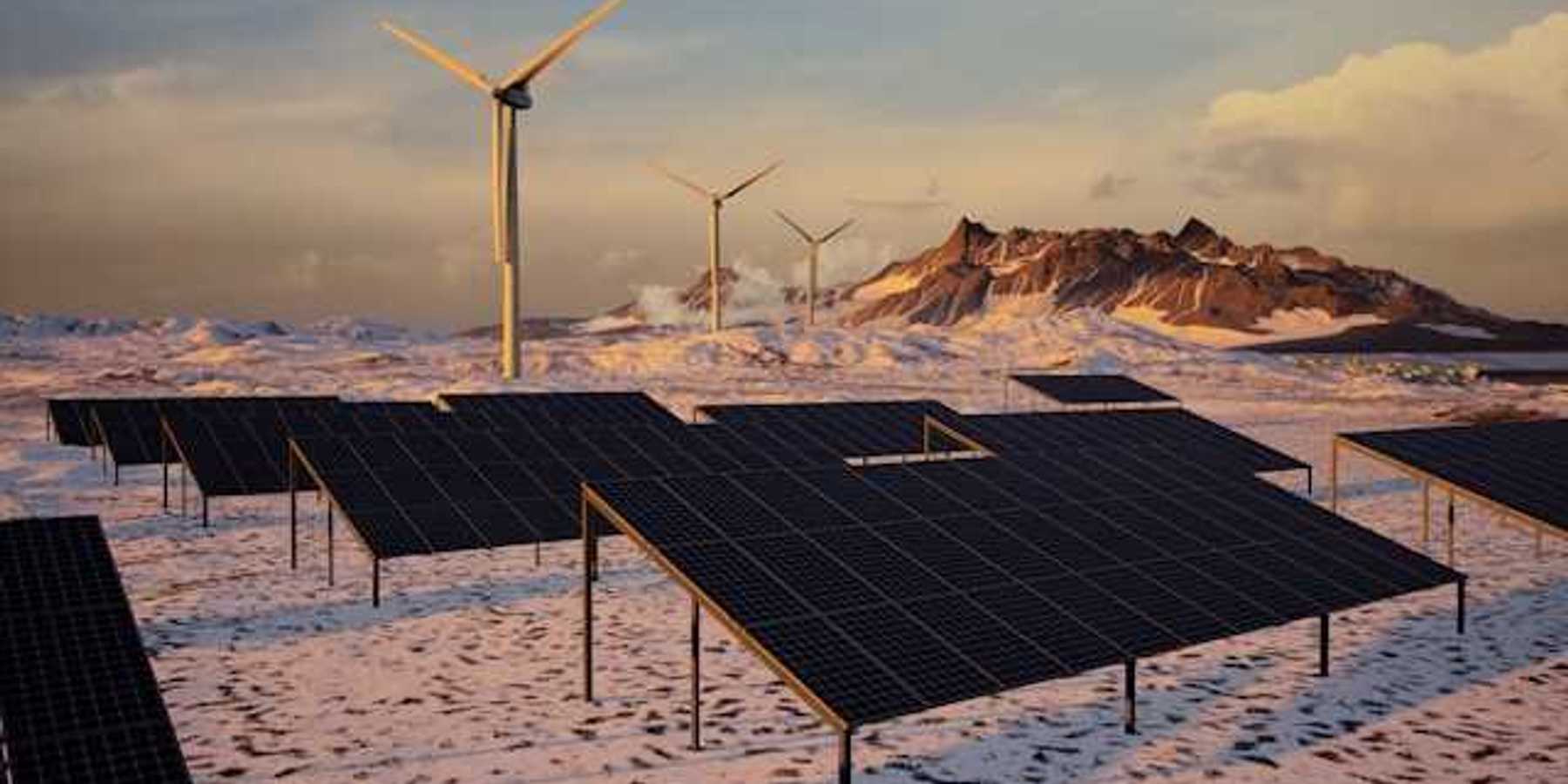Fossil fuel cuts, not just renewables, needed to avoid climate disaster
Experts warn that while renewable energy is growing rapidly, only significant reductions in fossil fuel use can prevent catastrophic climate change and environmental collapse.
Gerry McGovern and Sue Branford report for Mongabay.
In short:
- Despite rapid expansion of solar, wind and electric vehicles, fossil fuel use hit record highs in 2023, increasing global emissions.
- Mining for renewable energy components is environmentally destructive, contributing to six planetary boundaries already in crisis.
- Indigenous knowledge offers a model for sustainability by emphasizing restraint, integration with nature and reducing consumption.
Key quote:
“We have solutions to scale down our use of coal, oil and gas. We know how to feed humanity from sustainable food systems, that largely bring us back into the [safe zone for] planetary boundaries, the safe space for nitrogen, phosphorous, freshwater, land and biodiversity.”
— Johan Rockström, director of the Potsdam Institute for Climate Impact Research
Why this matters:
Transitioning to renewables isn’t enough without slashing fossil fuel use and reducing overall consumption. Failing to act decisively threatens a sixth mass extinction and irreversible environmental damage.
Related: Activists urge insurers to cut ties with fossil fuels in London protests













